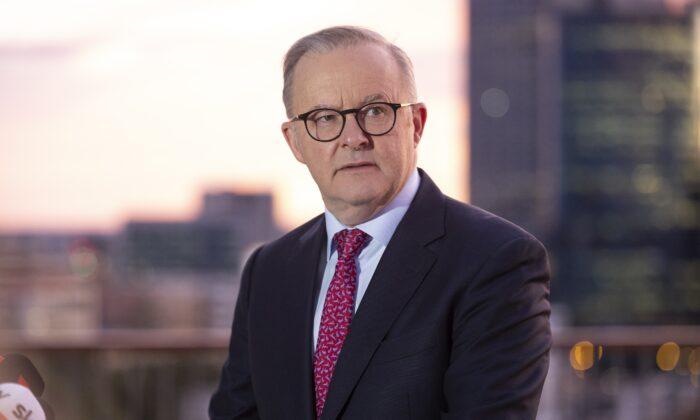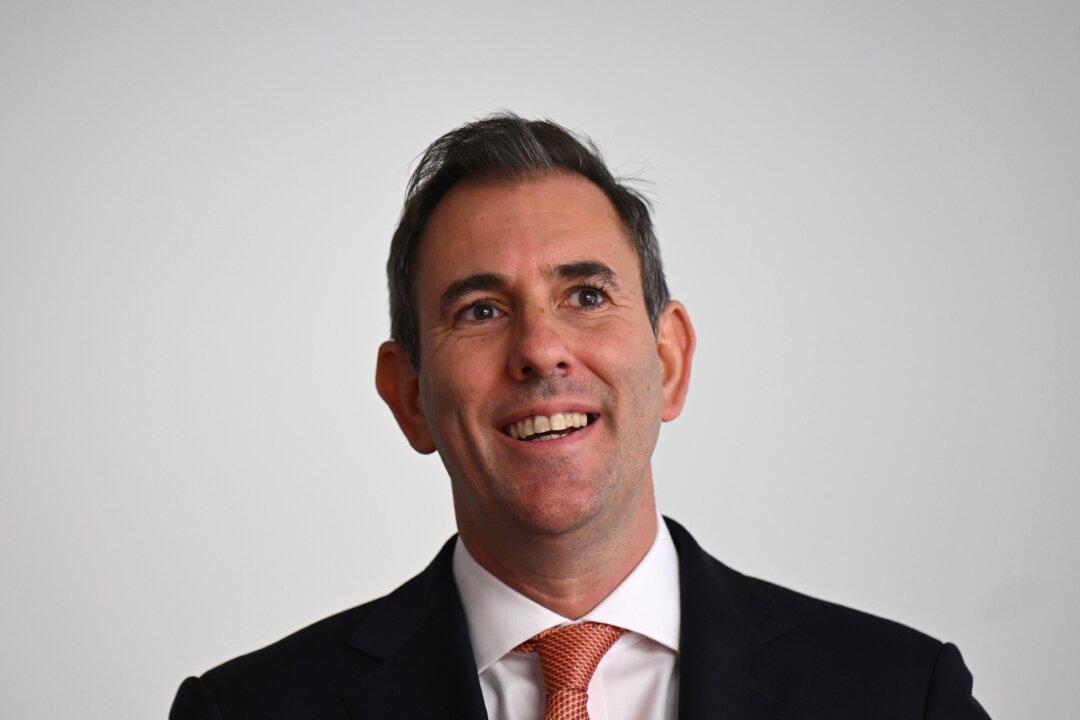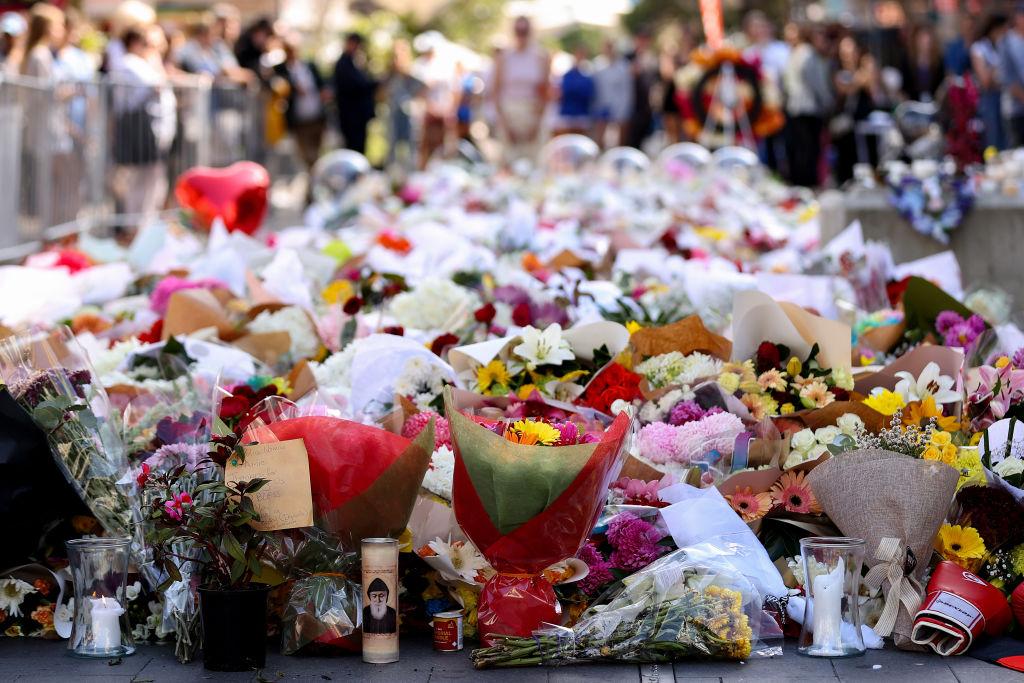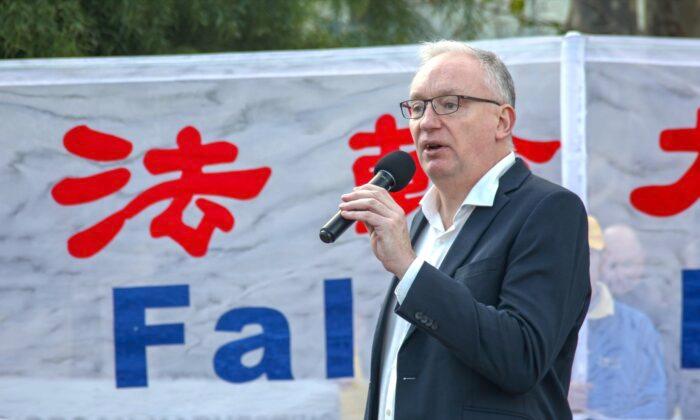Australian Prime Minister Anthony Albanese announced a $2 billion (US$1.4 billion) injection into social housing investment across the country as the federal government continues attempts to pass its “Housing Australia Future Fund” bill.
The $2 billion Social Housing Accelerator payment will be delivered to all states and territories in the next two weeks.
“Every Australian deserves the security of a roof over their head, and my government is taking steps to deliver more homes around the country,” Albanese said.
“I met with every premier and chief minister about this proposal yesterday, and we all agree securing more housing for more Australians is a key national priority.
Albanese said that state premiers and territory chief ministers would ensure better planning, zoning, and land releases to work alongside the additional funding for housing.
Broken down, New South Wales will receive $610 million, Victoria $496 million, Queensland $398 million, Western Australia $209 million, South Australia $135 million, while Tasmania, Northern Territory, and the Australian Capital Territory will receive $50 million.
In his speech to the Victorian Labor Conference on Saturday, Albanese called the funding “new money” for new social housing.
“The last decade has seen the proportion of social housing decline from 4.7 percent to 4.2 percent of households,” he said.
“Demand for social housing has increased almost three times as fast as the growth in population.”
The prime minister also once again called out both the Coalition and the Greens for not supporting Labor’s housing bill in the Senate.
“Our government is not going to wait around while members of the Coalition and the Greens political party call for more housing in the media while opposing it in their electorates and voting against it in the Parliament,” he said.
“The Greens party imagine that their stubborn, inflexible refusal to compromise or negotiate serves their political interest.”
He fired at the Greens for blocking more houses than they have built.
“They are a party of protest: happy to promise the world, while organising a petition against every new apartment building that’s proposed.”
But the Greens party were proud at the results being delivered as a result of their ongoing negotiations, welcoming the announcement.
“Today, the Labor Party have caved to the Greens demand for direct spending on social and affordable housing.
“This $2 billion over two years for social housing came only as a result of pressure from the Greens.”
“We have, in addition next week potentially, a vote on the Housing Australia Future Fund (HAFF), where both the Coalition and the Greens political party have held it up,” he said on Saturday.
“They are playing this game of not voting against it, it’s just been deferred. Well, that’s just a political game. We won’t be stalled. We’re getting on with the job that we were elected to do.
“But the Greens political party and the Coalition need to vote for the Housing Australia Future Fund next week.”
HAFF at a Standstill
Albanese previously chastised the Greens party for being difficult during negotiations for the HAFF bill—one of Labor’s key legislative policies.The Greens have instead demanded that the government implement a country-wide rental freeze, as rentals across Australia continue to increase due to high demand and increasing interest rates for mortgage holders. This was promptly rejected.
“It’s in the control of the state and territory governments, and there are eight of them, and each of them will determine their own policies.
“We want a renters’ rights accord at the federal level, but that basically requires the state and territory governments to come to an agreement on that.”
The prime minister accused Chandler-Mather of trying to appear as an advocate for more social housing while launching campaigns against a number of new housing developments in his Brisbane electorate of Griffith.
“So do not come in here and say you support housing when you will not support any in your own electorate and when you are opposing 30,000 new, additional, social, and audible housing units, including 4,000 designated for women and children escaping domestic violence.”
“Australians are struggling with housing affordability, and this has persisted for decades due to a lack of supply keeping up with demand,” CEO Denita Wawn said.
“Master Builders forecasts we will fall short of the 200,000 homes needed a year to meet demand.
“Many obstacles, such as planning impediments and lengthy approvals processes, prevent the construction of necessary homes.”
Wawn called on all levels of government to work together to improve housing affordability by reducing taxes on development and the buying process, and increase land supply through rezoning and planning policies.





